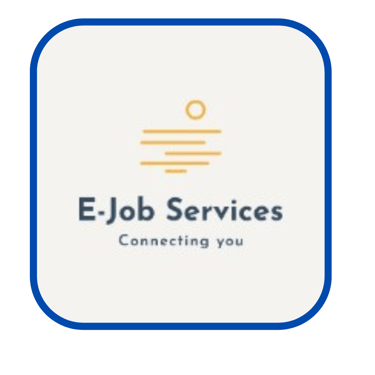The “Gut Feeling” Hire: How it leads to costly mistakes.
Hiring on “gut feeling” may seem instinctive, but in the Caribbean and beyond, it’s costing businesses thousands in lost productivity, turnover, and rehiring expenses. This article breaks down the dangers of intuition-driven recruitment, real Caribbean statistics, and proven strategies to hire smarter and avoid costly mistakes.
RECRUITMENT & TALENT MANAGEMENT
EJS
8/19/20252 min read


The “Gut Feeling” Hire: How It Leads to Costly Mistakes
Hiring based on intuition or chemistry, what many call the “gut feeling” hire may seem efficient, but it can be a hidden cost center, especially in Caribbean workplaces. Let's explore why this method fails and how it plays out regionally.
Why “Gut” Doesn’t Cut It
Confidence ≠ Competence
Research shows that confident candidates are often perceived as more capable, even when they lack the skills and modest yet highly competent individuals are overlooked.Charisma Overawes Ability
Interview charm can cloud judgment. Harvard Business Review notes that an engaging delivery often outweighs thorough evaluation of skillsets.Unstructured Interviews Amplify Bias
Google’s People Analytics team found that unstructured interviews perform no better than random chance at predicting job success.
The Cost of That One “Nice Vibe” Hire
Global Perspective
U.S. Department of Labor estimates a bad hire costs at least 30% of the employee's annual salary. CareerBuilder reports 74% of companies admit mis-hires cost them over US$25,000 each.Caribbean Reality
In Trinidad & Tobago, a mis-hired manager earning TT$20,000/month can cost the business TT$100,000–TT$300,000 in lost productivity, severance, retraining, and hiring, often multiple times the monthly salary.Broader Organizational Impact
Domino effects include lowered morale, damaged performance, and attrition among good workers—costs that are often harder to quantify.
Voices from the Region
On Trinidad-focused forums, locals report how nepotism or personal connections often overshadow fair evaluation:
“Positions... being filled by ‘family and friends’… sometimes they don’t even meet half of the job’s requirements.”
These experiences show how reliance on gut or network can exacerbate bias, limit opportunities, and undermine merit-based hiring.
What Works Instead: A More Reliable Approach
Structured Interviews
Use the same job-related questions and scoring across candidates. These outperform informal chats and reduce bias.Skill-Based Assessments
Evaluate real competencies through tests or work samples instead of chemistry. Data show assessments improve hiring success by about 24%.Use Scorecards & Data
Define role competencies before interviews and score objectively, helping prevent bias and inconsistency.Tap Employee Referrals Wisely
Referrals often lead to better retention and performance, but still complement, not replace, structured evaluation.Train Interviewers in Bias Awareness
Developing awareness of biases like anchoring or the halo effect helps interviewers make fairer decisions. Research shows bias training reduces such errors.
Key Takeaway
“Gut feeling” hires may feel right, but the numbers show otherwise. In the Caribbean, where talent pools are smaller and networks tight, the risk of bias and costly mistakes multiplies. A structured, skills-focused process isn’t just fairer, it’s smarter.
About E-Job Services
E-Job Services (via E-Spire) supports Caribbean employers in hiring smarter, fairer, and faster. We offer services including:
Structured interview design
Pre-employment assessments
Bias-awareness training for hiring teams
Onboarding and retention support
Protect your business, your culture, and your performance, hire with confidence, not just chemistry.
References
Caribbean HR Association – 2023 Member Poll on Hiring Practices in the Caribbean.
Employers’ Consultative Association of Trinidad & Tobago (ECA) – The Cost of a Bad Hire Report, 2022.
Society for Human Resource Management (SHRM) – The Real Cost of Turnover and Poor Hiring Decisions, 2021.
Harvard Business Review – Fernández-Aráoz, C. (2014). 21st-Century Talent Spotting.
CIPD (Chartered Institute of Personnel and Development) – Recruitment: An Overview, 2023.
Deloitte Insights – Global Human Capital Trends: Talent Acquisition Reimagined, 2022.
LinkedIn Talent Solutions – Global Recruiting Trends Report, 2021.
